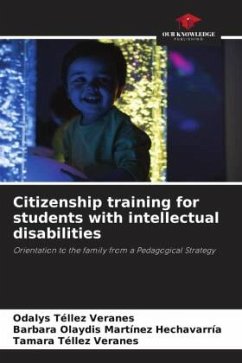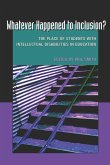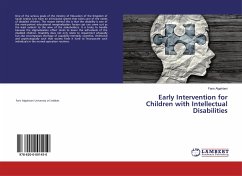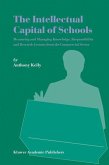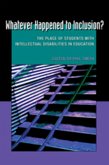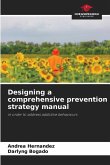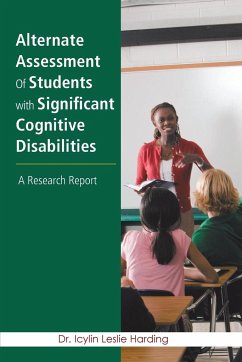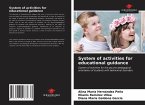The objective of this thesis is to elaborate a pedagogical strategy of family orientation to favor the citizenship training of students with intellectual disabilities in the municipality of Santiago de Cuba. Citizenship training is made explicit in a research where the application of the empirical instruments used with predominance of the qualitative, reveal that the preparation of the family and the integration between the school, family and community context is insufficient to favor the citizenship training of students with intellectual disabilities. Based on these inadequacies, a pedagogical strategy was elaborated from the theoretical and practical point of view, which has four stages, each one contemplating articulated actions with a participatory and flexible approach that allows family orientation in group and individual spaces. The strategy encourages the family to play a leading role in the citizenship training of students with intellectual disabilities and community agents become mediators in this process with the use of levels of assistance. The implementation in the pedagogical practice allows the use of the case study method.
Bitte wählen Sie Ihr Anliegen aus.
Rechnungen
Retourenschein anfordern
Bestellstatus
Storno

